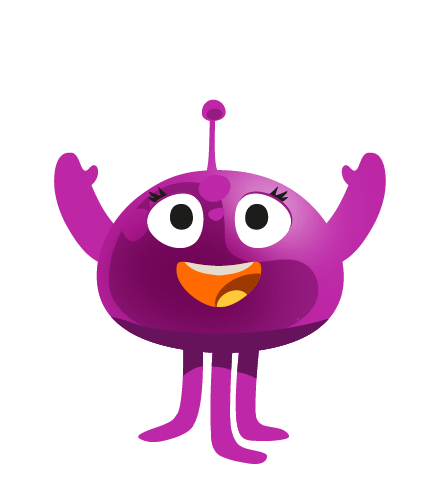.png)
Online Road Safety
Children should learn digital safety skills as early as possible. Protect Children’s Online Road Safety campaign and materials are aimed at children, families and educators, to help children stay safe online.
Every child has the right to information, learning, and safety also in digital environments.

Digital Traffic Light Model
The Online Road Safety materials are based on the digital traffic light model developed by Protect Children.
The Digital Traffic Light Model helps children grasp the idea that different situations and content online require different responses to stay safe.
It is important to remind children that something may feel nice at first (green) but later turn into something to think about (yellow) or a scary, strange or upsetting thing or situation (red) .
Giving children a simple three step action plan that guides them to act when encountering different situations and content online helps children stay safe.
Project partners:

Google.org

Traficom

Regional Administration Agency

Police

DNA

Fun Academy

Havas Helsinki

CBSS

FiCom

Barnahus

Zoan

Mental health house

Zoturi

Coniferous

Ecpat Norway

Children's Protection Liit
Project funder:
The Online Road Safety project is funded by Google.org



Children should learn digital safety skills as early as possible. Protect Children’s Online Road Safety campaign and materials are aimed at children, families and educators, to help children stay safe online.
Children can be encouraged to explore digital environments as long as a safe adult is present and aware of their online activities. Just like in any other environment, the younger the child, the more they need a safe adult’s presence to stay safe. The amount of time children spend in digital environments is not what is most important, but rather what they experience, do and with whom.
Children should have basic knowledge and skills for how to act when encountering different situations and content online, already before using digital devices independently. The adult’s role is to explore together with the child, discuss and offer emotional and social support.


STOP
All situations and content online that are forbidden, strange, confusing or scary.
Take a screenshot and show it to as many adults until you receive help.
How should you act?
Tip!
You can practice taking screenshots together. Read our easy guideline here.
SLOW
All situations and content online that are new or thought-provoking.
Slow down and discuss this with a safe adult.
How should you act?
Tip!
By being present in the child’s digital daily life it becomes easier for them to ask you for advice when encountering yellow and red content and situations online. Read our tips for introducing the topic into your daily discussions.
GO
All situations and content online which are familiar, safe, pleasant and permitted.
Go ahead and safely enjoy the online environment!
How should you act?
Tip!
Conversations with the child about digital safety skills should always start by first discussing green situations and content.









